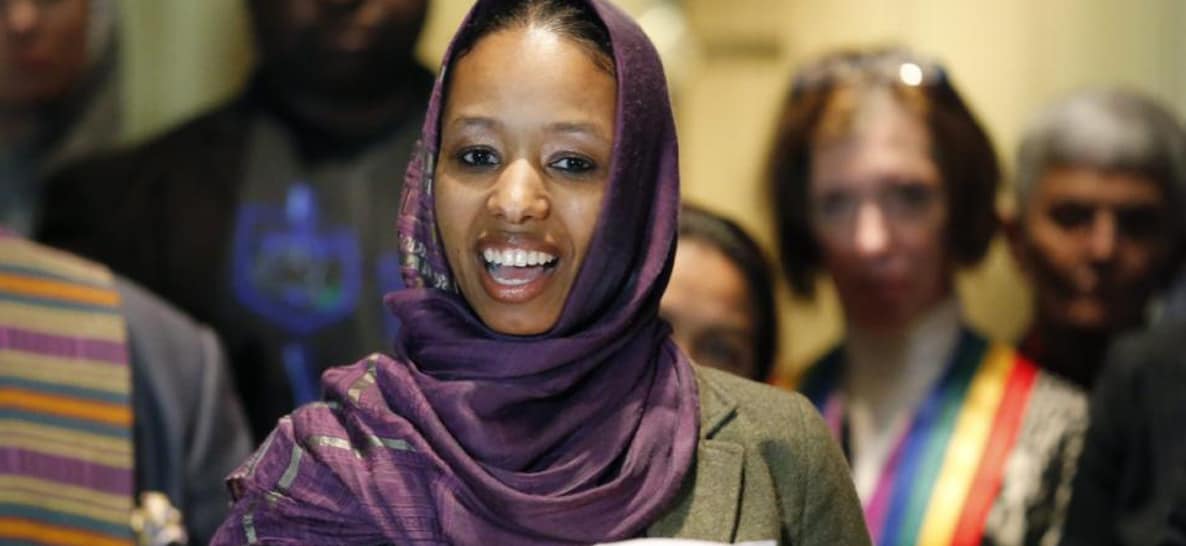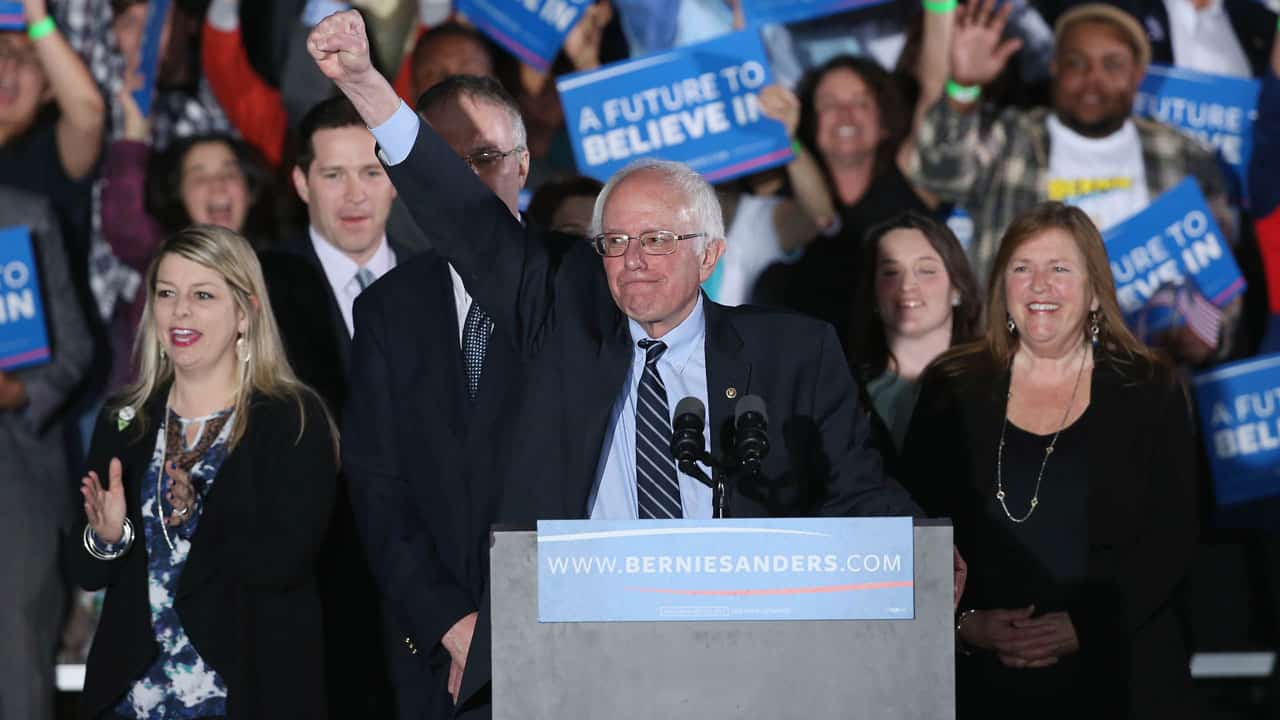
Since December, Wheaton College has been posted to Facebook, “As Pope Francis stated, we (Christians and Muslims) worship the same God.” Few would have predicted such a move from a tenured professor at perhaps the leading evangelical institution in the U.S.
Wheaton placed Hawkins on paid administrative leave “in order to give more time to explore theological implications of her recent public statements concerning Christianity and Islam,” according to an official statement.
Now, after nine weeks, Hawkins has reached an agreement with the college administration. Tonight, she will attend a prayer and reconciliation service at Wheaton, after which she will part ways with the school.
No one, except those who attended the many long and tense meetings, will know all the ins-and-outs of the decision. We will not know how many hours were spent in prayer and fasting for an outcome that honors the Lord, but also those involved. While we weren’t sitting at the table, we can observe from a distance a few helpful maxims of living well in times of conflict.
1. Stay in Prayer
Countless prayer gatherings arose as a result of this dilemma, and they didn’t fizzle out as the process dragged on. Prayer fires raged, close up and far away.
While I didn’t attend the college, just being a Christian who lives in Wheaton dropped me into many of these circles. As passionate intercessors pleaded for resolution on all sides, the Lord answered. “If my people who are called by my name shall humble themselves and pray and seek my face and turn from their wicked ways; then will I hear from heaven and forgive their sins and heal their land” (2 Chronicles 7:14). If He will heal our land, He can certainly heal a heartbroken college community.
2. Say You’re Sorry
When the details of the outcome were announced, Provost Stanton Jones stepped forward with an apology for acting in haste, acknowledging the damage done to Professor Hawkins and the school.
“I asked Dr. Hawkins for her forgiveness for the ways I contributed to the fracture of our relationship, and to the fracture of Dr. Hawkins’ relationship with the college,” he wrote in an email. An old-fashioned apology speaks volumes of good, especially when leadership capital is on the line.
3. Communicate Always
These are the words shared by my big, Oklahoma Uncle Billy the night before our wedding:
“The ABC’s of a happy marriage are: Advice. Everyone is going to give you advice, don’t take it. Blame. Don’t place it and Communicate always.” Through 27 years of marriage, we have worked to honor his toast.
One has to wonder how much of this controversy could have been avoided if the administration, faculty and students engaged in an early and open dialogue with professor Hawkins when they started realizing her views might be different than they expected.
4. Learn Something New
Big disagreements often produce big questions. Do Muslims and Christians worship the same God? An attempt to render a loving answer to that question was preached in a Wheaton church in the midst of the conflict, providing a forum for insightful conversation in Starbucks corners and around dinner tables.
Numerous local Christians attended a January open house at the Wheaton Islamic Center to befriend our neighbors and forge relationships. In this day of Islamophobia, taking steps forward in understanding will fill some potholes in the tremendously ragged road of doctrinal misunderstanding. My husband is now reading the Qur’an in his law office, one surah a day, with the hope of learning the answer to this original, knotty question.
5. Bring Closure
“How beautiful are the feet of them that preach the gospel of peace” (Isaiah 52:7). Peace. It is what we long for. Wheaton College President Dr. Phil Ryken stated it best, “This is a time for prayer, lament, repentance, forgiveness and reconciliation.”
In times of conflict, we need to seek resolution and reconciliation. We have Christ’s ultimate example to follow. “Father forgive them, for they know not what they are do” (Luke 23:34). So often, we don’t know what we are doing and how much we may be hurting someone beloved by the Father.
If we attempt to resolve conflict with Muslim neighbours, our children or our spouse through prayer, lament, repentance and reconciliation, how much stronger and honorable would our relationships and our nation be today?






















